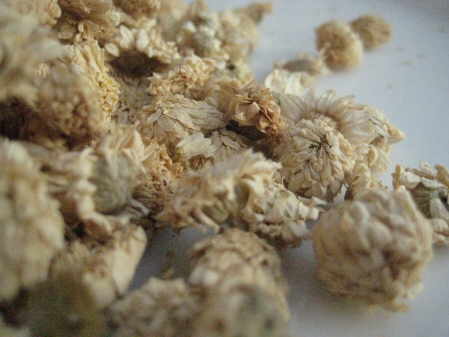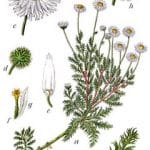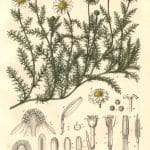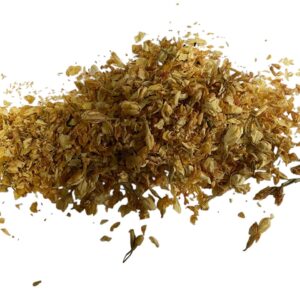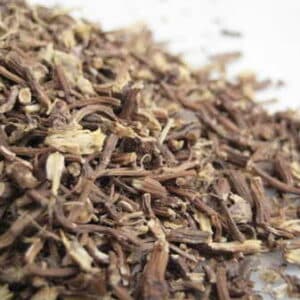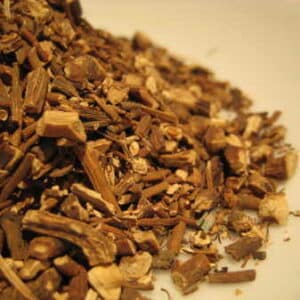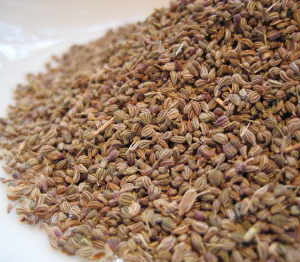Roman Chamomile Flowers – Chamamaelum or Anthemis nobilis
£8.50
Chamomile Flowers Roman
Chamaemelum or anthemis nobile
50 grams
Roman Chamomile Flowers come from one of the two species of Chamomiles. It is sometimes known as English Chamomile.
The name Chamomile comes form the Greek word meaning “ground apple.” Its history dates back at least to ancient Egypt, where Chamomile tea was prescribed as a cold remedy. The Romans enjoyed it as a beverage, as well as an incense. Ironically, the name “Roman Chamomile” by which it is sometimes known, does not stem from this time. It rather comes from an arbitrary naming of the herb in the 19th Century by a botanist who happened to find some growing in the Roman Coliseum.
Chamomile is one of the oldest garden herbs, whose reputation as a medicinal plant shows little signs of abatement. Considered a universal remedy by the ancient Egyptians, Chamomile continues to be used today to battle illness, promote calm and relieve anxiety at bedtime. It is caffeine free and has a most superior flavour.
There are two plants known as chamomile: the more popular German chamomile (Matricaria recutita) and Roman, or English, chamomile (Chamaemelum or anthemis nobile ). Although they belong to different species, they are used to treat similar conditions. Both are used to calm frayed nerves, to treat various digestive disorders, to relieve muscle spasms, and to treat a range of skin conditions and mild infections.
The medicinal use of chamomile dates back thousands of years to the ancient Egyptians, Romans, and Greeks. Chamomile has been used to treat a variety of conditions, including:
Chest colds
Sore throats
Gum inflammation (gingivitis)
Anxiety
Insomnia
Psoriasis
Acne
Eczema
Minor burns
Inflammatory bowel disease (ulcerative colitis)
Stomach ulcers
Children’s conditions such as chickenpox, diaper rash, and colic
While studies in people are few, animal studies have shown that German chamomile reduces inflammation, speeds wound healing, reduces muscle spasms, and serves as a mild sedative to help with sleep. Test tube studies have also shown that chamomile has antibacterial, antifungal, and antiviral properties.
Roman Chamomile has antispasmodic properties, meaning it helps relax muscle contractions, particularly in the smooth muscles that make up the intestines. It is sometimes used to treat stomach cramps, irritable bowel syndrome, indigestion, diarrhea, gas, and colic.
Roman Chamomile has been suggested as a treatment for gingivitis and mouth sores, but studies show conflicting evidence. When used as a mouthwash, chamomile has been found to prevent mouth sores associated with radiation and chemotherapy.
Chamomile is often used topically in a cream or ointment to soothe irritated skin, especially in Europe. Preliminary evidence suggests that it may be moderately effective in treating eczema and irritated skin.
| Country of Origin | UK |
|---|---|
| Batch Code | RD2239817 |
| Harvest | Summer 2025 |
| Best Before | October 2027 |
